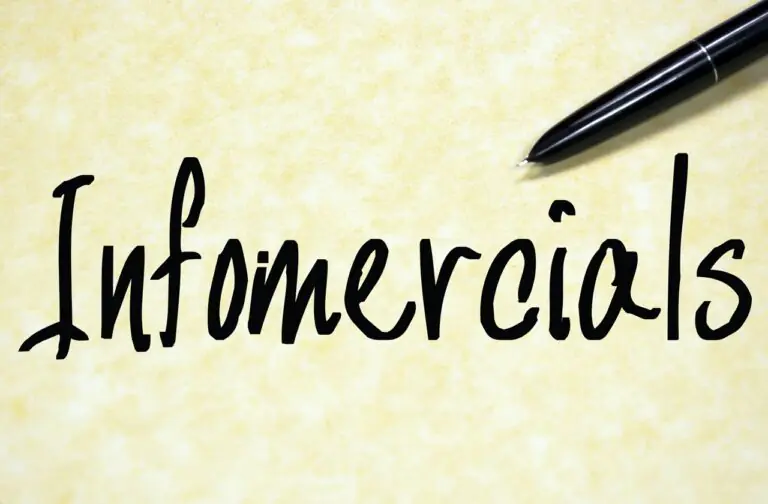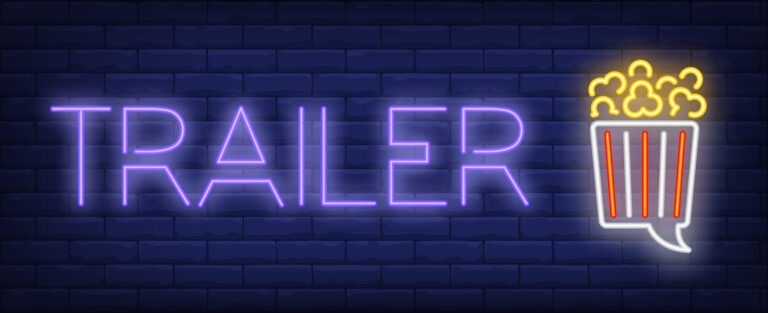Create professional narration scripts with our free voice over narration script resources. Explore our narration script examples right here!
As a vocal authority, Voice123 is bringing you the latest creative inspiration for successful voice over narration scripts. Let’s dive in!
What are narration scripts
Narration scripts are long-form scripts that tell a story, and they’re usually considerably detailed and descriptive. They’re similar to documentary scripts, except that narration scripts can also deal with fictional topics and are more focused on storytelling. Narration scripts are generally used in conjunction with audiobooks, but they can also be used to voice over a video or presentation or add dimension to a plot in a movie. For example, Leonardo DiCaprio’s voice over narration for The Wolf of Wall Street gave insight into his character’s actions, and it immediately captures the audience and involves them in the story.
Narration scripts samples

Narration script samples are outlines that summarize the plot, characters, and structure of the narrative and provide delivery notes, a sample of the narration, and instructions for the voice actors.
Here’s an example of two fictional narration scripts that you can adapt for a video game or film. Narration scripts follow a clear format to include vital details that voice actors need to guide their performance. Some of the key points are: voice gender and age, direction notes, tone and style, and similar character voices like Jim Carery or Mark Hamil.
Fantasy narration scripts example
Project Name: Elisador: The Enchanted Forest
Target Audience: aged 8-16
Voice Gender/Age: No specific gender/middle-aged to mature
Direction Notes: The reading pace should be normal and fluent, with the correct pronunciation of the mythological terms and names. We want a voice that’s ethereal and awe-inspiring to transport the audience to this fantasy realm. Something like a Natalie Portman vocal style.
Dialogue Script:
Deep within the heart of the enchanted forest of Elisador lies a realm of wonder and magic, where small creatures of all kinds coexist in harmony.
The Sapphire River, which courses through Elisador gurgling and giggling over the agate pebbles that cover the riverbed, supports a family of elusive water nymphs.
At the heart of the forest stands the Elder Tree which connects all living things. Its branches reach towards the heavens and are adorned with evergreen leaves.
Now, as the sun sets, Elisador is transformed into a symphony of shadowed warmth before the still of the night envelops it in quiet, peaceful slumber. The enchantment of Elisador lies not only in the forest but also within our hearts.
Movie narration scripts example
Project Name: The Trial
Target Audience: all ages
Voice Gender/Age: No specific gender/middle-aged to mature
Direction Notes: The reading pace should be normal and fluent. We want a voice that’s natural, relatable, and friendly. Something like Paul Rudd’s easygoing guy-next-door vocal style.
Dialogue Script:
It’s hard to believe that one small letter could cause so much trouble. It was a regular Saturday morning; the sun was shining. I made my way downstairs, thinking all was right with the world. Then I saw the letter under my front door.
And it wasn’t just any letter; this was a summons for me to appear in court. Well, I guess I’ll have to put that ski trip on hold till next year. I’d like to say I was surprised, but I had a feeling this would happen. Now you’re probably wondering what I’m talking about. It’s actually quite a funny story! It all started in the summer of ‘96…
Narration scripts format
Narration script formats follow a typical structure of the project name or description, the target audience, voice gender or age, and direction notes to the voice actor explaining the reading pace, the vocal style, tone, and examples of similar voices. The script format also outlines the overall plot and a sample of the narrative the voice actor will record.
How to write narration scripts
You can write narration scripts by following this four-step process, 1) know your audience, 2) tell a cohesive story, 3) keep it natural and concise, and 4) craft a strong intro and outro. Here’s more on each aspect.
1. Know your audience
Before you start writing your narrative, you need to build a profile on your target audience that contains their age, backgrounds, and interests. This will affect what you write and how you do so; for example, the style and tone of a narration script for children – like the example above – is very different from one written for adults. So get to know your audience well. That way, you can craft a narration script that incorporates elements that your audience can relate to, which boosts their engagement.
2. Tell a cohesive story
Narration scripts are detailed and descriptive, but if your narration is overly complicated, your listeners will get confused, distracted, and they’ll miss out on the point of your story. So the trick is balancing creativity with simplicity. Use evocative adjectives to describe important parts of the narrative, but keep your main plot lines cohesive and relatable. When it comes to powerful storytelling, you can also utilize sub-plots and twists along the way to keep your audience engaged, but ultimately, all loose ends should lead back to your original story.
3. Keep it conversational
A narration script is usually just one voice explaining a story or a series of events, so conversational writing is key. An overload of information will lose your audience, so keep your script natural. Remember that you’re conversing with your audience, and write the way you speak. Use the profile you built on your target audience and visualize how you would speak to them in real life. Then choose words and phrases that will capture your audience’s attention.
4. Craft a strong intro and outro
A narration script needs to grab your listener’s attention with the first sentence. It can be a powerful statement or even a witty one-liner, but it must hook your audience so they stay tuned to the rest of the narration. Finally, your concluding paragraph needs to wrap up the stories of all your characters, explain the outcome, and give your audience something to remember as they walk away. Then check out the pros on Voice123 who can deliver a truly memorable performance.
Final thoughts on writing narration scripts

Narration scripts are powerful tools that can be fact or fiction, and they can inspire, motivate, or even showcase your brand. So start by getting to know your audience, developing a cohesive story, keeping your script conversational, and crafting a strong intro and outro. And if you need scriptwriting help, there’s a multitude of AI tools like this free paragraph rewriter from Hubspot. Then, don’t forget to find a talented voice actor on Voice123 to make your narration even more powerful. You can use our voice over search feature to find a specific vocal style or tone, or you can receive customized options and streamlined payments from our Managed Services.






























